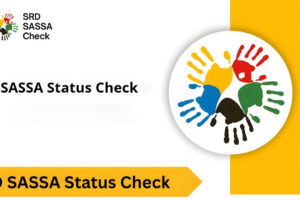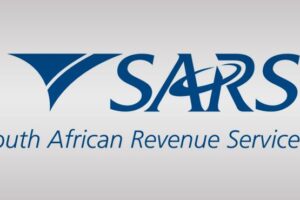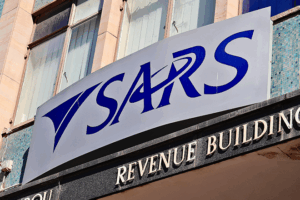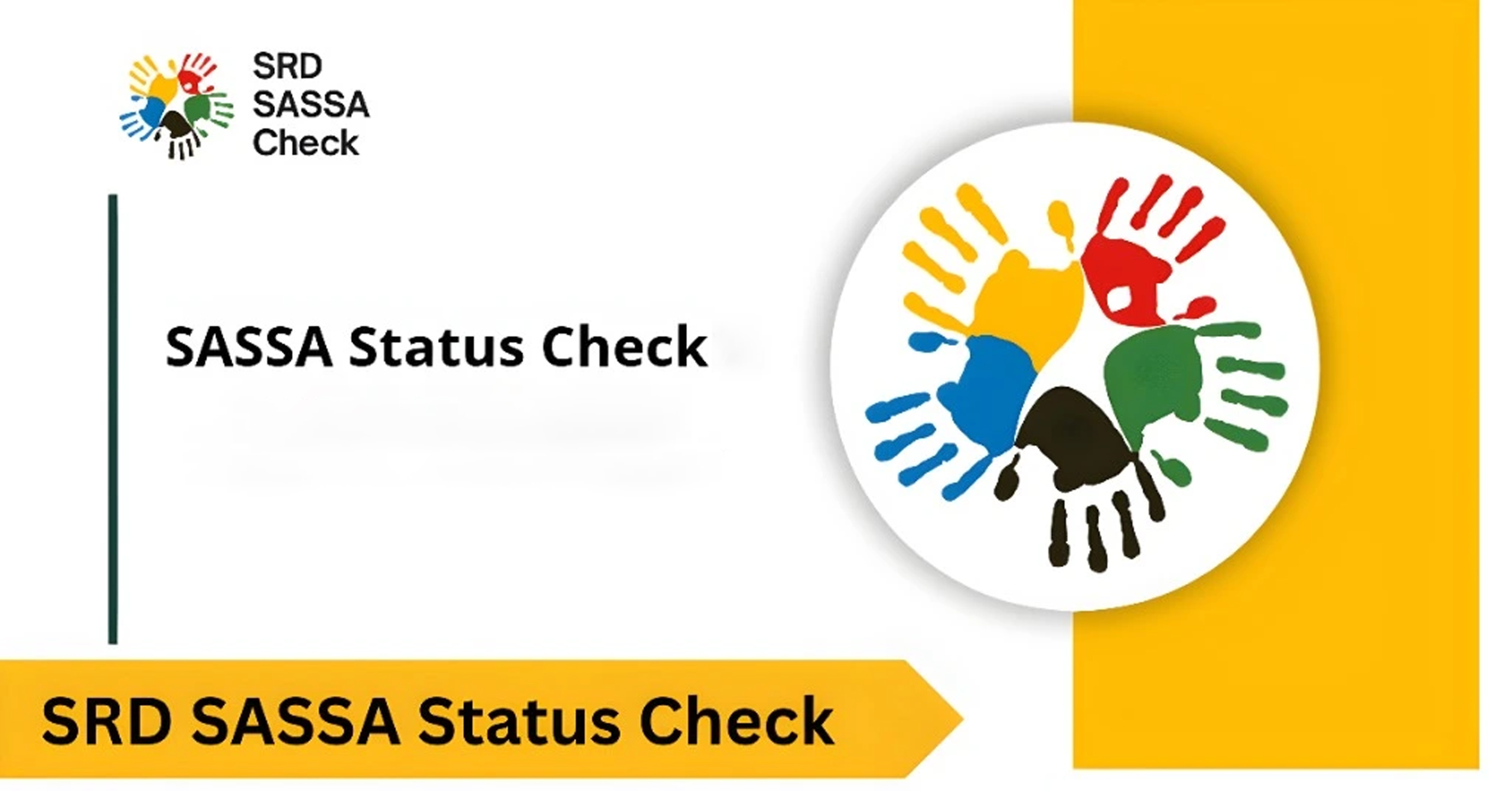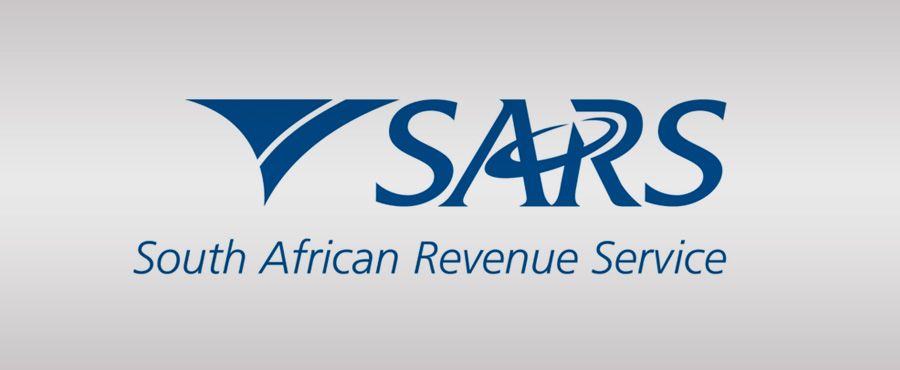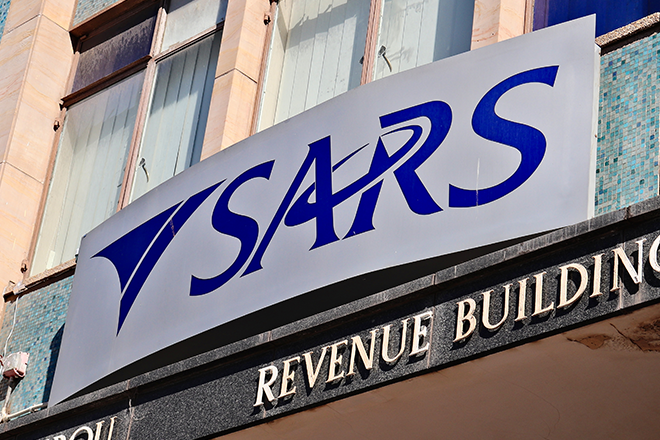South Africa is reeling from the impending economic blow as a 30% tariff on its exports to the United States is set to take effect from 7 August 2025. The fallout from the failed trade negotiations has sparked public outrage, growing political pressure, and fears of a deeper economic downturn.
The tariffs, confirmed in an executive order from the White House, will hit key South African exports including citrus, vehicles, metals, and agricultural products raising serious concerns for exporters, job retention, and foreign investor confidence.
Government Under Fire
Ministers Parks Tau (Trade, Industry and Competition) and Ronald Lamola (International Relations and Cooperation) are facing severe criticism for their failure to secure a trade deal with the U.S. The Democratic Alliance (DA), South Africa’s official opposition, described the situation as “devastating” and accused both ministers of “negligence, failed diplomacy and ineptitude.”
In a strongly worded joint statement, DA MPs Toby Chance and Ryan Smith asserted, “Minister Tau missed the initial deadline to submit South Africa’s proposed trade terms, had to request an extension, and ultimately failed to reach any agreement.”
By contrast, they noted that other Southern African countries managed to negotiate significant tariff reductions with Botswana securing a reduced rate of 15%, while South Africa faces double that. Mexico, facing a similar situation, obtained a delay in tariff implementation through prompt and strategic negotiation.
What’s at Stake
Trade with the U.S. accounts for billions in revenue and supports thousands of jobs in South Africa. A 30% tariff now confirmed, places local producers at a competitive disadvantage and could see South African goods priced out of the market. Exporters now face the prospect of declining demand, layoffs, and lost profits.
While President Cyril Ramaphosa emphasized ongoing negotiations and a government support package during a recent press briefing, critics argue this comes too late. The Department of Trade has announced the setup of an “Export Support Desk,” which many, including the DA, say is inadequate in light of the economic threat.
“This help desk is laughable,” said MP Toby Chance. “We need real trade solutions, not a call centre.”
Political Implications and the Call for Reform
The DA is calling for the appointment of a career diplomat not a political appointee as South Africa’s next ambassador to the U.S. They also urge a shift from Broad-Based Black Economic Empowerment (B-BBEE) toward equity-equivalent models that can address community development while calming international investor concerns.
“This crisis highlights the urgent need for a rational trade and foreign policy agenda,” the DA stated. “We must remove the ANC’s grip on economic diplomacy if we hope to protect jobs and national interests.”
The Bigger Picture: U.S. Concerns and the Road Ahead
Analysts suggest the tariffs may also reflect deeper frustrations within U.S. policy circles over South Africa’s governance, law enforcement, and political alignments. These include concerns about corruption, state capture remnants, and ambiguous foreign policy positions.
With only a few days left before the tariffs take effect, all eyes are on Pretoria’s next move. Government must now urgently ramp up bilateral talks, seek alternate trade partners, and implement reforms that can rebuild international trust.
For many South African exporters and workers, time is quickly running out.

